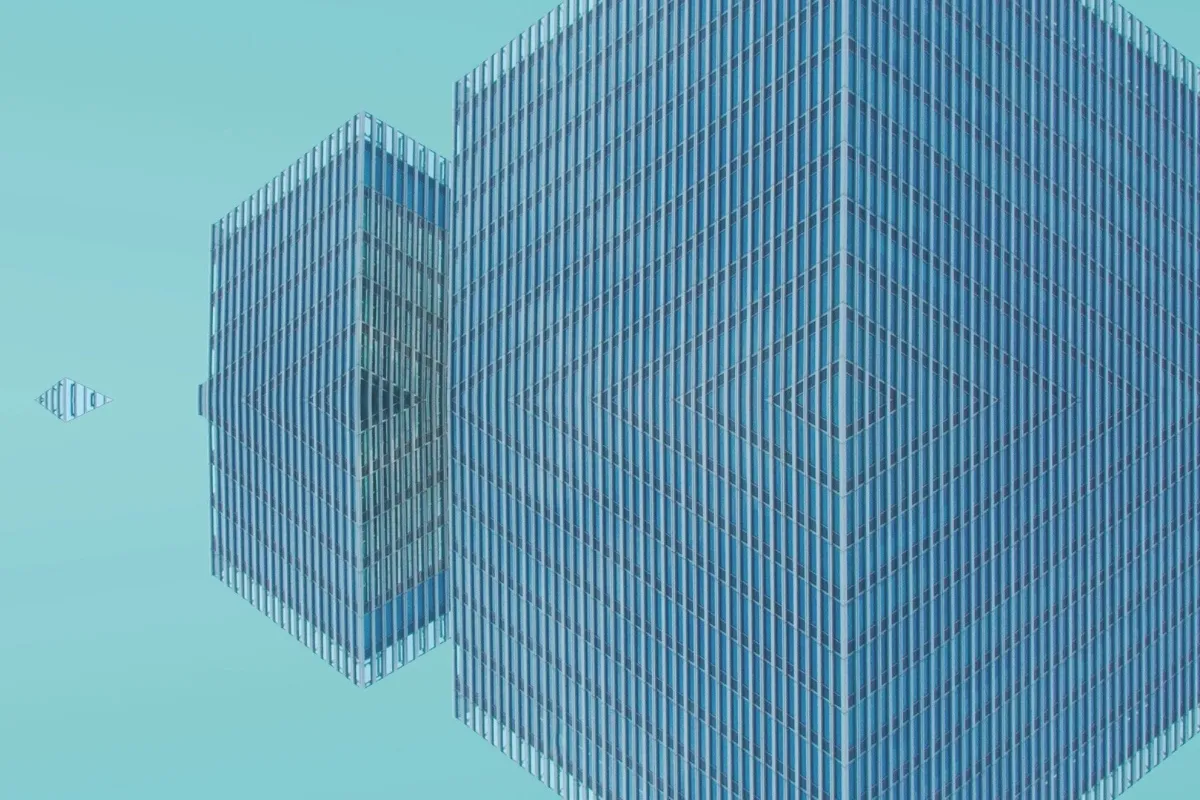Amendment to the Legal Framework of the Territorial Management Instruments in Portugal
Decree-Law no. 117/2024 was published on 30 December 2024, introducing the seventh amendment to the Legal Framework of the Territorial Management Instruments (RJIGT), approved by Decree-Law no. 80/2015 of 14 May.

The main objective of this legislative change is to increase the availability of land for construction and to try to solve the need of affordable housing in Portugal, which is in demand.
To this end, among other changes, a special regime was created that allows for the reconversion of rural land into urban land, the majority of which must be allocated to public housing, public rental and accessible priced housing.
The main changes include:
1. The amendment to the system of reclassification of rural land into urban land (Article 72) in the following terms:
- Deletion of the need for contractualization, being a municipal decision sufficient for the land conversion, setting out the costs of urban planning operations, the deadline for implementation and the conditions for redistributing benefits and costs, taking into account all the urban planning costs involved;
- Deletion of the need to demonstrate the economic and financial sustainability underlying soil reconversion;
- Maintenance of the administrative reconversion procedures that were already provided for in article 72 of the RJIGT, with adjustments to their assumptions.
2. Extension of the special regime for reconversion of rural land into urban land (article 72-B) for purposes related to housing and complementary uses, subject, among others, to the cumulative fulfilment of the following requirements:
- Ensure the consolidation and coherence of the development to with the existing urban area;
- At least 700/1000 of the total construction area above-ground is for public housing, or affordable housing, where the price per m2 of gross private area does not exceed the average sales price per m2 of housing for the national territory or, if higher, 125% of the average sales price per m2 of housing for the municipality where the property is located, up to a maximum of 225% of the national average;
- An implementation unit is defined and developed;
- Prohibition on reconverting protected and sensitive areas as urban land (areas included in the National System of Classified Areas, certain types of areas in the National Ecological Reserve (RAN) - land classified as class A1 or soils classified as class A and class B - and the National Agricultural Reserve (REN), areas covered by special coastal programmes, public water reservoirs and estuaries, flood risk zones, among others);
- Ensure that the general and local infrastructures exist or are guaranteed, as well as the necessary collective use facilities and green spaces to cover the needs arising from the new uses of the land;
- The reconversion is compatible with the local housing strategy and municipal housing charter.
Legal acts or transactions that consist in the transfer, encumbrance or promise of transfer or encumbrance of buildings intended for moderate housing construction, or buildings and housing units built in these buildings and subject to a limit on the sale price, cannot be authorised or carried out without mentioning these facts, which are subject to definitive registration in the land registry.
The municipality has the right of first refusal after the first transfer of buildings or housing units built on reconverted land under the new regime.
3. The extension of cases of simplified changes of territorial plans (Article 123), among others:
- Admission of urban requalification of the land resulting from (i) the cessation of administrative easements and public utility restrictions, (ii) the removal of movable property from the public domain or the public utility purposes to which it was attached or (ii) the cessation of economic activities or the use of infrastructures or equipment that determine the qualification of the area covered, provided that at least 700/1000 of the total construction area above-ground is intended for public housing or moderate value housing;
- Adoption of the parameters for dimensioning the areas for public housing, controlled costs or affordable rentals
- Changes to the number of dwellings or typologies, as well as urban design and building characteristics with no impact on other urban planning parameters;
- The building index can be increased by up to 20 per cent, provided that at least 700/1000 of the increased area is used for public housing or housing of moderate value.
The simplified amendment proposal is submitted to public consultation for a minimum of 20 working days, thus increasing the time limit from 10 working days, after which the city council makes the necessary changes and submits the proposal to the city council for approval.
4. Suspension of rules in planned development areas
Municipal or inter-municipal plans that, by 31 December 2024, have not included the classification and classification rules set out in the RJIGT for the entire territory of the municipality:
- The rules relating to planned urbanisation areas are automatically suspended until the classification and qualification rules laid down in the RJIGT are included therein, and no acts or operations involving the occupation, use or reconversion of land can be carried out in these areas for the duration of the suspension.
The suspension does not apply to
- Urban development operations in areas that become urban land or where there are detailed plans, urbanisation contracts or prior control acts that set deadlines for carrying out urbanisation works or by administrative act of prior control and the city council issues a reasoned statement and communicates it to the territorially competent CCDR - Regional Coordination and Development Commission;
- Urban development operations in developable or planned areas which purpose is housing or related to housing and complementary uses, applying the land reclassification procedure for these purposes.
5. Entry into force
The decree law came into force on 29 January 2025, except for the provisions on suspended developable areas, which came into force since 31 December 2024.
However, there are proposals for amendments from the Socialist Party that are being negotiated with the government while the law is in force, specifically with a view to replace the concept of a sale price at a "moderate value" with the existing legal concept of "housing at controlled costs", as well as "housing for affordable rent", and the introduction of a time limit to the law of 3 years to reflect the exceptional nature of the law, instead of the 5-year limit laid down in the law, a period that could be extended once the effects of the legislative changes introduced have been assessed.




